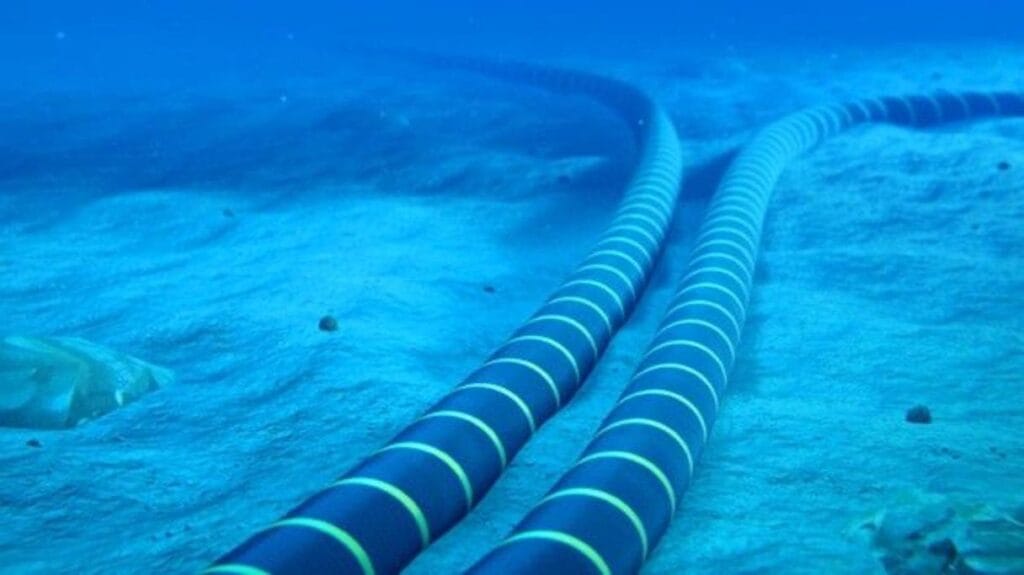The British energy giant Xlinks has announced the temporary suspension of its ambitious underwater electricity link project between Morocco and the United Kingdom. This pause comes as the British government delays its decision on a crucial contract for the economic viability of the initiative.
Stretching nearly 3,900 kilometers, this electrical cable is intended to connect the southern Moroccan region of Guelmim-Oued Noun to several European countries before reaching Great Britain. It is expected to supply nine million British households with renewable energy and help reduce CO2 emissions from the British energy sector by 10%.
A contract for difference at the heart of the debates
The main reason for this pause lies in the wait for a response from the British Department of Energy regarding a “contract for difference” (CfD). This financial mechanism guarantees a fixed buyback price for the electricity produced, thereby stabilizing the project’s economic model.
In a letter addressed to the British authorities, Xlinks explains that this pause in the authorization process is not a definitive suspension, but a step aimed at avoiding a gap between the different phases of evaluation. This delay would allow for a more thorough examination of the file and ensure an effective resumption of the process as soon as the expected contract is obtained.
A strategic but fragile project in the face of political instability
Since being designated as a “project of national importance” by London in 2023, Xlinks has generated great hopes for strengthening the energy security of the United Kingdom. Its chairman, Dave Lewis, estimated that this project could attract up to £24 billion in investments, including about £5 billion on British soil.
However, the rapid succession of five Energy Ministers in less than three years and the slow negotiations surrounding the CfD have jeopardized investor confidence. Without this clear contractual framework, financial partners are hesitant to commit the necessary funds.
Threat of retreat to other markets
In light of these uncertainties, Xlinks no longer rules out shifting its ambitions to other countries, particularly Germany, which is also interested in Morocco’s vast renewable energy resources. Meanwhile, other players like the Australian group Fortescue are considering similar projects aimed at connecting North Africa to the European electricity grid.
This context places additional pressure on the British government to quickly clarify its position, lest it lose a flagship project capable of sustainably transforming its energy landscape.


